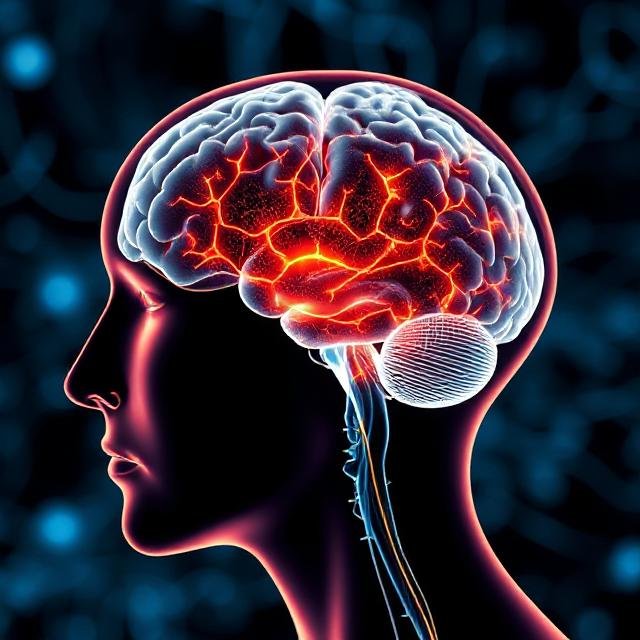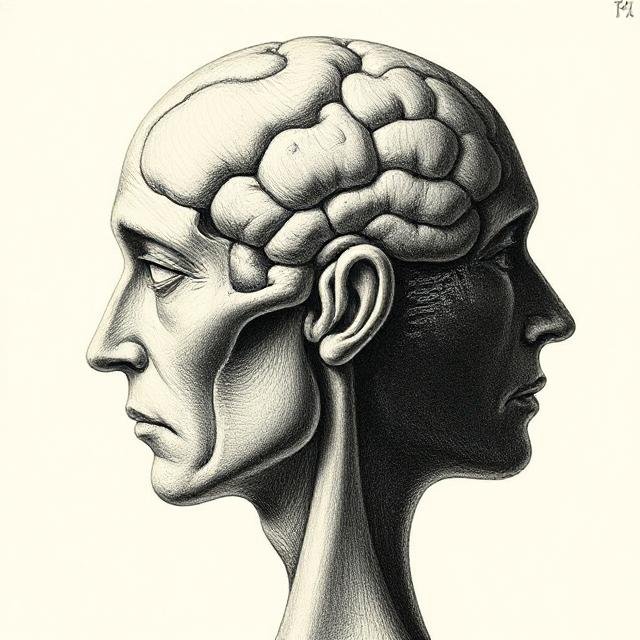What Are Neurological Disorders?
Neurological disorders are medical conditions involving the nervous system, which includes:
- Central nervous system (CNS): Brain and spinal cord.
- Peripheral nervous system (PNS): All other nerves in the body.
These disorders can result from structural, biochemical, or electrical abnormalities, affecting how the nervous system functions. They may cause symptoms such as weakness, pain, seizures, memory loss, or loss of coordination.
According to the World Health Organization (WHO), neurological disorders affect hundreds of millions globally, making them a significant public health concern.
Types of Neurological Disorders
Neurological disorders are diverse, but they are often grouped into categories. Here’s a look at some of the most common types:
Neurodegenerative Disorders
- Alzheimer’s Disease: Causes progressive memory loss and cognitive decline.
- Parkinson’s Disease: Affects movement, causing tremors, stiffness, and balance issues.
- Amyotrophic Lateral Sclerosis (ALS): Destroys motor neurons, leading to muscle weakness and paralysis.
Seizure Disorders
- Epilepsy: Characterized by recurrent, unprovoked seizures due to abnormal electrical activity in the brain.
Headache Disorders
- Migraines: Severe, recurring headaches often accompanied by nausea and sensitivity to light or sound.
- Cluster Headaches: Intense pain around one eye, often occurring in cyclical patterns.
Cerebrovascular Disorders
- Stroke: Occurs when blood supply to part of the brain is interrupted, leading to brain damage.
Demyelinating Diseases
- Multiple Sclerosis (MS): The immune system attacks the protective covering of nerves, causing communication problems between brain and body.
Neuromuscular Disorders
- Myasthenia Gravis: Causes weakness in voluntary muscles.
- Peripheral Neuropathy: Damage to peripheral nerves, leading to pain, tingling, or numbness.
Movement Disorders
- Essential Tremor: Causes involuntary shaking, especially during movement.
- Huntington’s Disease: An inherited condition causing progressive motor and cognitive decline.
This list is only a glimpse into a vast and varied field.
Causes and Risk Factors
The causes of neurological disorders vary widely. Some are genetic, while others result from injuries, infections, or environmental factors. Key contributors include:
- Genetics: Inherited gene mutations (e.g., Huntington’s disease).
- Infections: Meningitis, encephalitis.
- Immune disorders: MS, Guillain-Barré syndrome.
- Trauma: Brain injury, spinal cord injury.
- Vascular problems: Stroke, aneurysm.
- Tumors: Brain or spinal cord tumors.
- Degeneration: Age-related decline in nerve cells.
Lifestyle factors like smoking, high blood pressure, obesity, and excessive alcohol use can also increase the risk of certain neurological conditions.
Common Symptoms of Neurological Disorders
Because the nervous system controls so many bodily functions, neurological disorders can cause a broad range of symptoms, including:
- Chronic headaches or migraines
- Muscle weakness or paralysis
- Loss of coordination or balance
- Memory loss or confusion
- Seizures
- Speech difficulties
- Tingling, numbness, or pain
- Vision or hearing problems
- Changes in mood or behavior
If neurological symptoms appear suddenly (e.g., stroke symptoms like facial drooping, arm weakness, speech difficulty), seek emergency medical help immediately.
Diagnosis of Neurological Disorders
Diagnosing a neurological disorder involves:
- Medical History & Physical Exam: Discussion of symptoms, family history, and neurological testing.
- Imaging Tests:
- MRI or CT scans to view brain and spinal cord structures.
- Electrophysiological Tests:
- EEG to detect abnormal brain activity (e.g., seizures).
- EMG to assess muscle and nerve function.
- Blood Tests: To rule out infections, autoimmune diseases, or metabolic issues.
- Lumbar Puncture (Spinal Tap): To analyze cerebrospinal fluid.
Accurate diagnosis is critical for effective treatment planning.
Treatment and Management
Treatment varies widely depending on the specific disorder. Possible approaches include:
- Medications: To control symptoms, reduce inflammation, or slow disease progression.
- Surgery: For tumors, epilepsy, or certain movement disorders.
- Physical, Occupational, and Speech Therapy: To help maintain function and independence.
- Lifestyle Changes: Stress management, healthy diet, exercise.
- Assistive Devices: Braces, walkers, communication aids.
- Counseling and Support Groups: For emotional support and coping strategies.
Emerging treatments like gene therapy, neuromodulation, and precision medicine are transforming the landscape for many neurological conditions.
Living with a Neurological Disorder
Living with a neurological disorder can be challenging, but many people lead meaningful, fulfilling lives. Tips include:
- Build a strong support network of family, friends, and healthcare providers.
- Educate yourself about your condition.
- Stay as active and engaged as possible within your abilities.
- Seek mental health support if you’re struggling with anxiety, depression, or grief.
- Advocate for your needs at work or school.
The Future of Neurological Care
Exciting breakthroughs in neuroscience are changing how we understand and treat neurological disorders. Researchers are exploring:
- Neuroprotective therapies to prevent nerve cell death.
- Brain-computer interfaces to restore movement in paralysis.
- Stem cell therapy for neurodegenerative diseases.
- Personalized medicine tailored to genetic profiles.
These advances offer hope for better treatments — and potentially even cures — in the years ahead.













